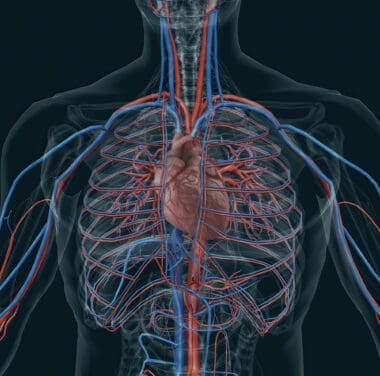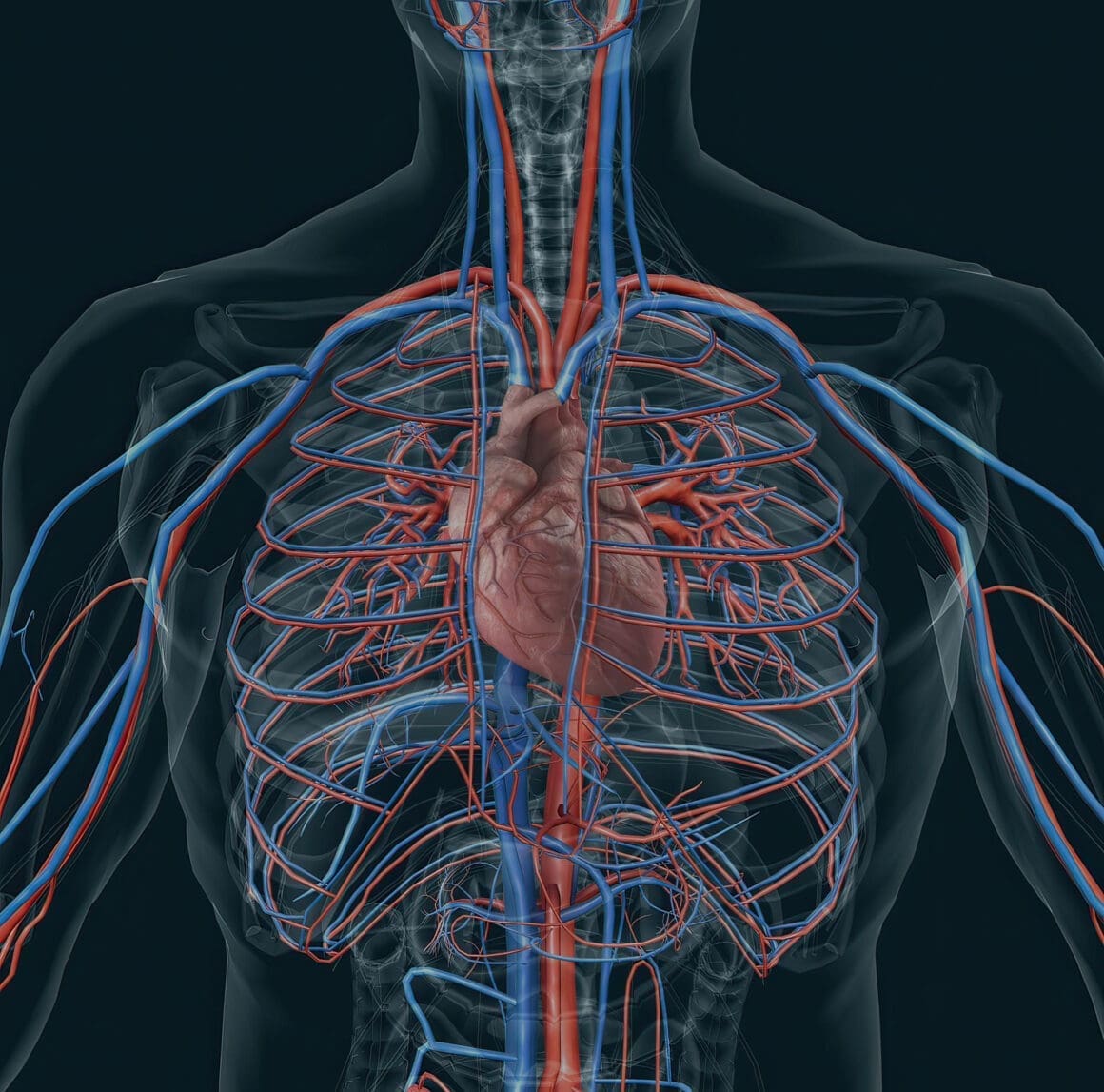The cardiovascular system, often referred to as the circulatory system, is vital to human health, encompassing the heart, blood vessels, and blood.
The heart, a muscular organ located slightly to the left of the chest center, plays a pivotal role in pumping blood throughout the body. This organ consists of cardiac muscle tissue, unique to the heart’s function.
Heart valves, numbering four, ensure that blood flows in the correct direction, preventing any backward movement. The aorta, the body’s main artery, carries blood away from the heart, distributing it to various parts of the body. Arteries and veins, while similar, differ significantly in function; arteries transport oxygen-rich blood away from the heart, while veins carry oxygen-depleted blood back to the heart.
Among these crucial vessels are the carotid arteries, responsible for delivering oxygen-rich blood to the brain and head. Recognizing the differences between these vessels is fundamental to understanding how blood circulates.
Cardiovascular disorders, such as arrhythmia and heart disease, pose significant health risks. Arrhythmia, characterized by an irregular heartbeat, varies in severity. Heart disease remains a leading cause of mortality, with congenital heart defects and coronary artery disease constituting major concerns.
Arrhythmias can signal underlying heart problems, and congenital heart defects involve structural anomalies present from birth. Coronary artery disease interrupts the blood supply to the heart, heightening the risk of heart attacks, which require immediate medical intervention. Congestive heart failure, another serious condition, occurs when the heart cannot efficiently pump blood, leading to fluid buildup and requiring treatment.
To maintain heart health, dietary choices and physical activity are essential. A heart-healthy diet includes fruits, vegetables, nuts, and whole grains, while aerobic exercises lower the risk of cardiovascular conditions. Managing blood pressure naturally through diet and exercise is beneficial, with certain foods aiding in blood pressure control.
The cardiovascular system’s complexity is matched by its significance to overall health. Understanding its components and potential disorders is crucial for prevention and management.
Source: MedicalNewsToday












